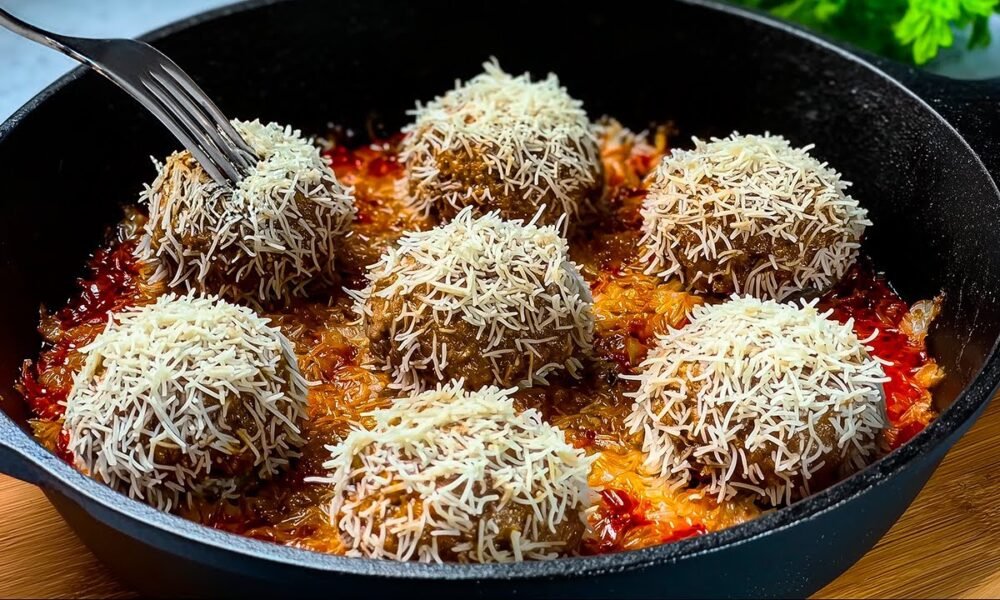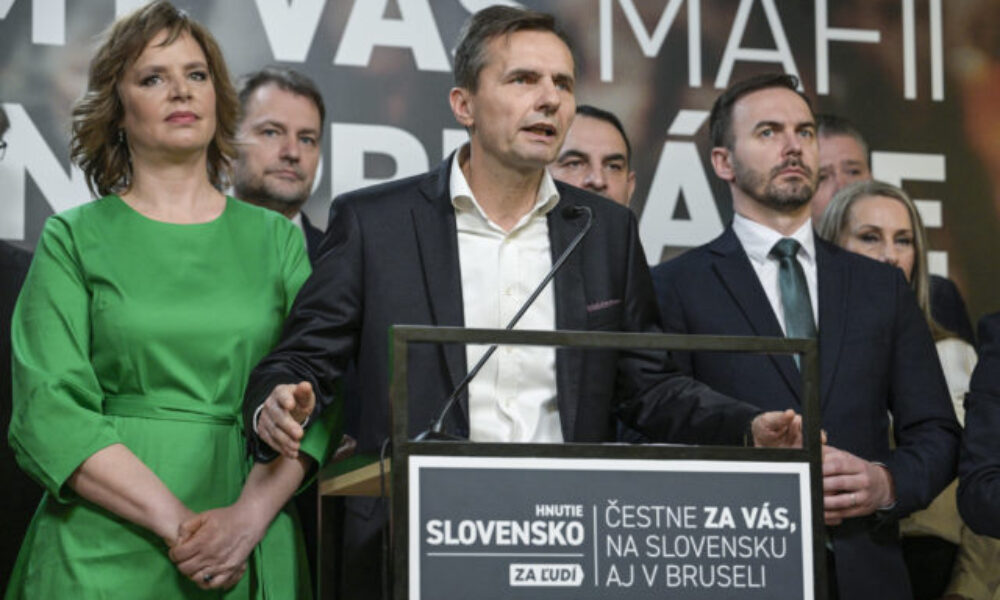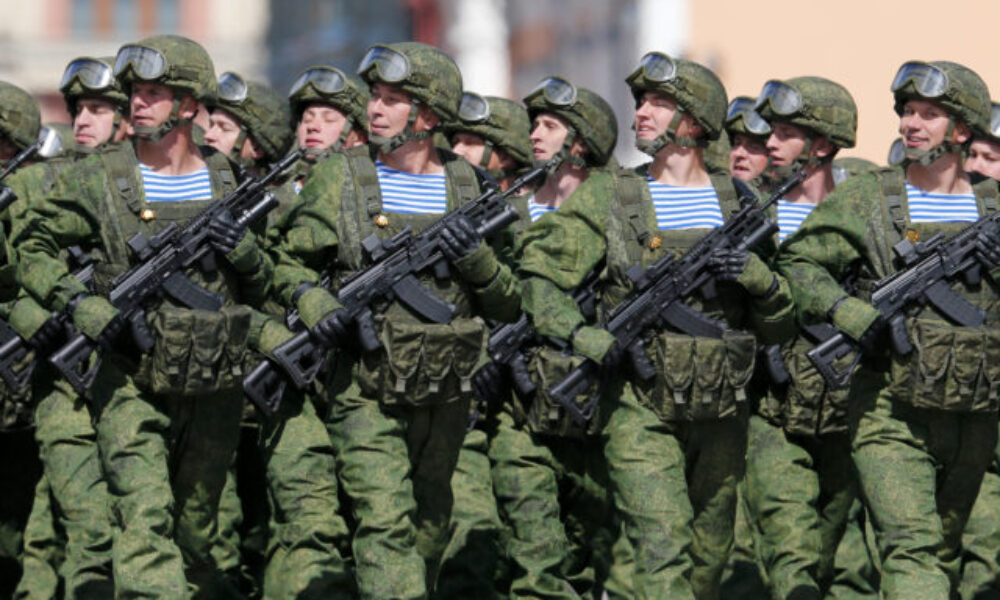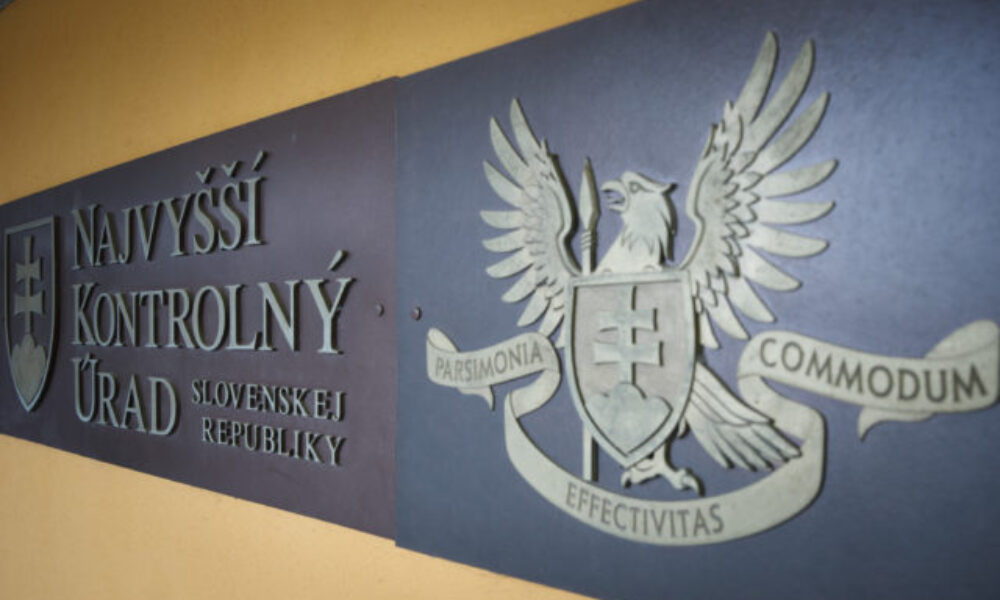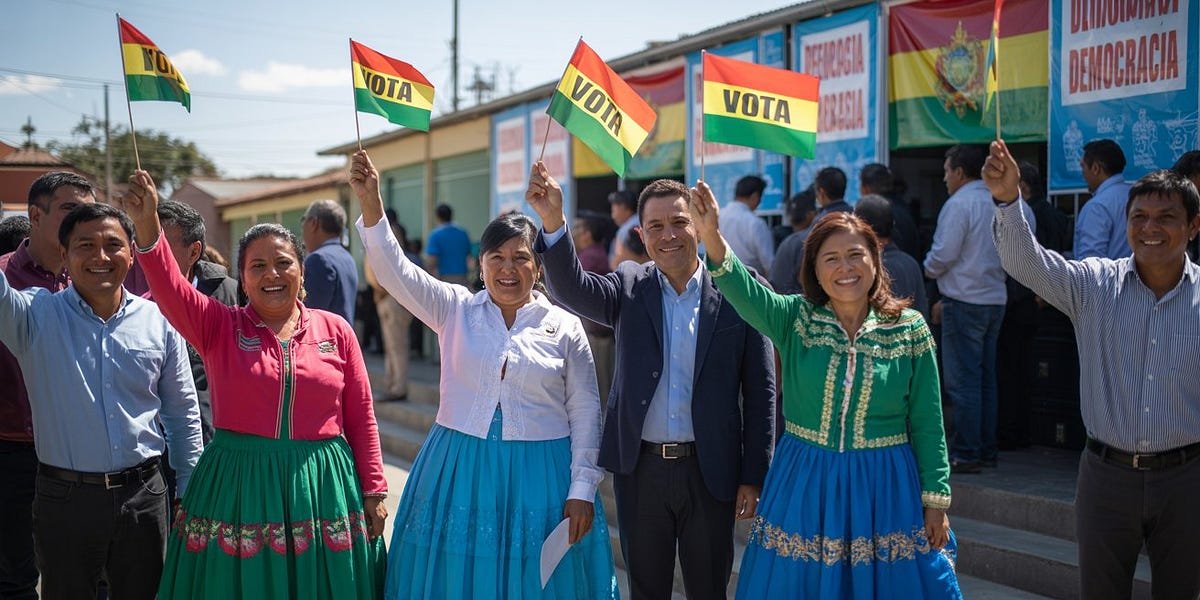
The dust has barely settled from Bolivia’s pivotal general election on August 17, 2025, but the tremors are already reverberating across Latin America and through the halls of emerging global alliances. After nearly two decades of leftist rule, the Andean nation has delivered a resounding rejection of the long-dominant Movement Toward Socialism (MAS) party, signaling a potential new political era and raising significant questions for the BRICS coalition.
For years, Bolivia stood as a bastion of the „pink tide“ that swept across Latin America in the early 2000s. Under the charismatic leadership of Evo Morales, who governed from 2006 to 2019, the country saw a dramatic expansion of Indigenous rights, a staunch defense of coca growers against U.S.-backed eradication programs, and the channeling of nationalized natural gas profits into social programs that halved extreme poverty. Bolivia’s foreign policy became overtly anti-imperialist, emphasizing South-South cooperation and forging strong partnerships with nations like China, Russia, and even Iran, while cutting ties with Israel. This era also saw Bolivia actively seeking BRICS membership as a means to assert sovereignty and resist perceived Western influence.
However, the MAS’s tight grip began to loosen. Morales’s increasingly high-handed attempts to prolong his presidency and allegations of sexual relations with underage girls soured public opinion. The succession of his protégé-turned-rival, President Luis Arce, in 2020, did little to stem the tide. A deep schism within the ruling MAS party between Arce and Morales, exacerbated by Morales’s attempts to regain control of the party leadership after returning from exile, left the bloc fractured. Morales himself was ultimately barred from running due to term limits and faces an arrest warrant for alleged sexual misconduct, leading him to call for a widespread null vote campaign.
The true catalyst for change, however, was Bolivia’s spiraling economic crisis. The nation has been grappling with its worst economic turmoil in four decades, marked by a severe fuel shortage, a critical lack of U.S. dollars, and soaring annual inflation, which hit 25% just last month. Natural gas revenues, once a robust $6.1 billion in 2013, plummeted to just $1.6 billion last year due to a lack of new projects, further straining the economy. Long lines for fuel, basic foodstuffs, and medicine became a common sight, fueling widespread public discontent and protests. This inability to manage mounting crises directly undercut the MAS’s core appeal of improving the lives of ordinary Bolivians.
Against this backdrop of economic hardship and political fragmentation, Bolivians headed to the polls on August 17, 2025. With approximately 7.9 million eligible voters, the turnout stood at 33.49%. The results were nothing short of a political earthquake: for the first time since 2002, Bolivia’s presidential election will go to a second round on October 19, 2025.
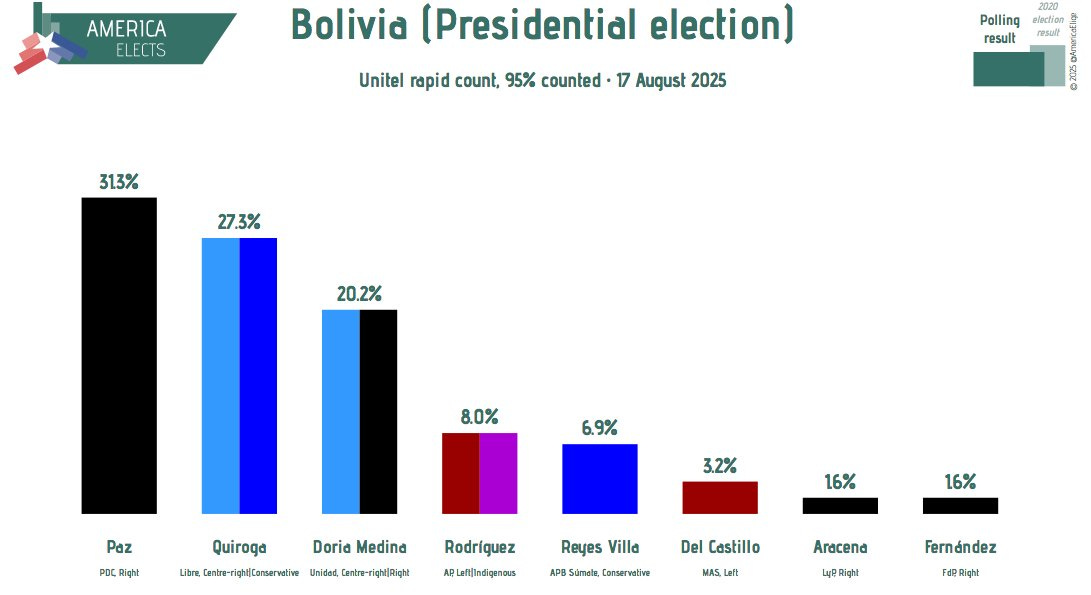
The two candidates advancing to the runoff are centrist Senator Rodrigo Paz Pereira of the Christian Democratic Party (PDC) and right-wing former President Jorge „Tuto“ Quiroga of the Libre coalition. Paz, a former mayor and son of former President Jaime Paz Zamora, emerged as a surprising frontrunner, securing 31.3% of the valid votes despite trailing significantly in pre-election opinion polls. His campaign, emphasizing „Capitalism for all“ and promising lower tariffs, reduced taxes, and accessible small loans, resonated with a populace hungry for change. Quiroga, who briefly served as interim president from 2001-2002, garnered 27.3% of the vote.
The MAS candidates performed dismally. Eduardo Del Castillo, the official MAS candidate, finished a distant sixth with a mere 3.2% of the vote. Andrónico Rodríguez, a Senate President and former protégé of Morales who ran independently but was still affiliated with the broader left, secured only 8.0% and faced physical attacks while casting his vote. Adding another layer to the complex outcome, a strikingly high proportion of votes—estimated between 19% and 21.5%—were declared null or blank, largely reflecting Evo Morales’s call for his supporters to register their anger at his exclusion from the ballot.
The implications of this shift are profound, particularly for Bolivia’s foreign policy and its engagement with emerging global powers like the BRICS coalition. Under Paz or Quiroga, Bolivia is set to reconcile with the United States after two decades of strained relations.
Rodrigo Paz has advocated for austerity measures and criticized the MAS’s economic policies, though he has expressed opposition to opening Bolivia’s vast lithium mines to foreign investors and seeking loans from the International Monetary Fund. He proposes a „50-50 economic model“ to decentralize public funds and emphasizes fighting corruption.
In stark contrast, Jorge Quiroga presents a clear break from the MAS era. He labels BRICS as a grouping of „autocracies“ and dismisses South-South solidarity as misguided. Quiroga pledges to restore relations with the U.S. and Israel, withdraw support from regimes like Iran and Venezuela, and aggressively combat socialism. His platform includes deep public spending cuts, economic liberalization, and attracting Western investment, especially in the energy and raw materials sectors, including lithium and oil. He has also promised to revise natural resource contracts previously signed with China.
This turn to the right presents significant risks for the BRICS coalition, particularly in Latin America. Bolivia officially became a BRICS partner country at the October 2024 Kazan Summit, aiming to strengthen its position as a lithium supplier, expand trade in national currencies, and secure alternative financing from institutions like the New Development Bank (NDB). Russia, in particular, has vested interests in Bolivia’s lithium and a unique nuclear research center built by Russian specialists.
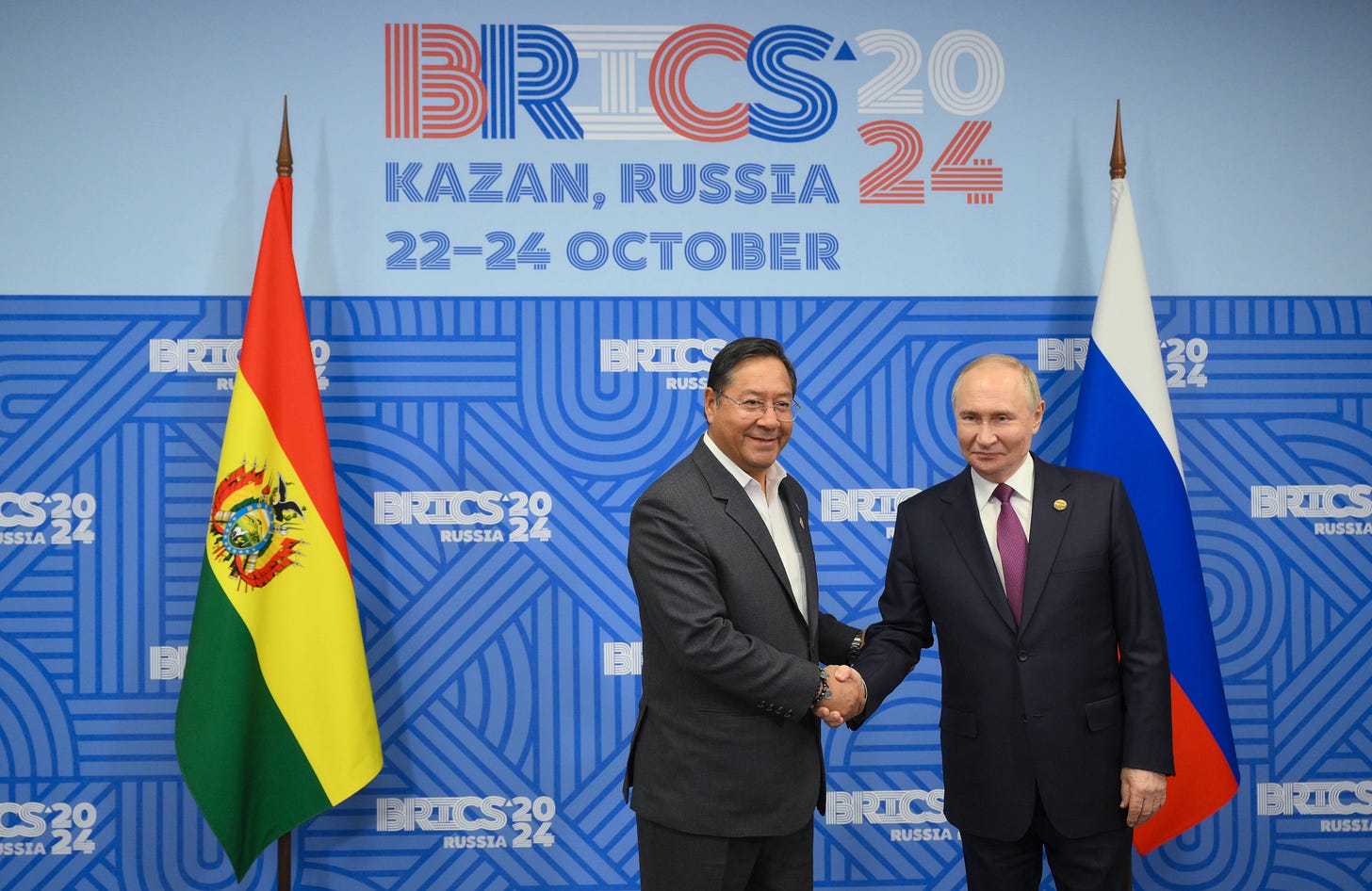
However, the election outcome raises the specter of Bolivia following Argentina’s path. Argentina, originally invited to join BRICS, withdrew its membership application after a change in government. A Quiroga presidency, given his explicitly anti-BRICS stance, would likely lead to a complete reorientation away from Moscow and Beijing, potentially canceling or severely revising existing contracts and significantly diminishing Russia’s and China’s strategic footprint in the country. Even under Paz, while less ideologically rigid than Quiroga, the emphasis on market-friendly policies and a potential rapprochement with Washington could mean a deprioritization of BRICS engagement.
The BRICS coalition, touted by Moscow as a foundation for a „Pax Post-Americana“ and a voice for the „global majority,“ relies on expanding its influence and offering an alternative to Western-dominated institutions. A rightward shift in a resource-rich BRICS partner like Bolivia, especially one that could trigger similar shifts in other Latin American nations facing economic distress (like Chile and Colombia, which have upcoming elections), would certainly complicate this narrative and undermine its strategic objectives. The „Trump factor“—the uncertainties surrounding a potential second Trump administration and its confrontational approach to BRICS—further complicates the choices for Latin American countries, which may feel pressured to align with Washington or risk trade repercussions.
The Bolivian election marks a decisive moment, not just for the country itself, but for the ongoing geopolitical rebalancing. The „Bolivian Trump“ effect, as some analysts describe Samuel Doria Medina, whose support could now consolidate right-wing power, further cements this shift. While the ultimate outcome of the October runoff remains to be seen, the message from Bolivian voters is clear: the era of unwavering leftist dominance is over, and with it, a cornerstone of anti-Western foreign policy in Latin America may crumble, forcing the BRICS coalition to recalibrate its regional ambitions.



